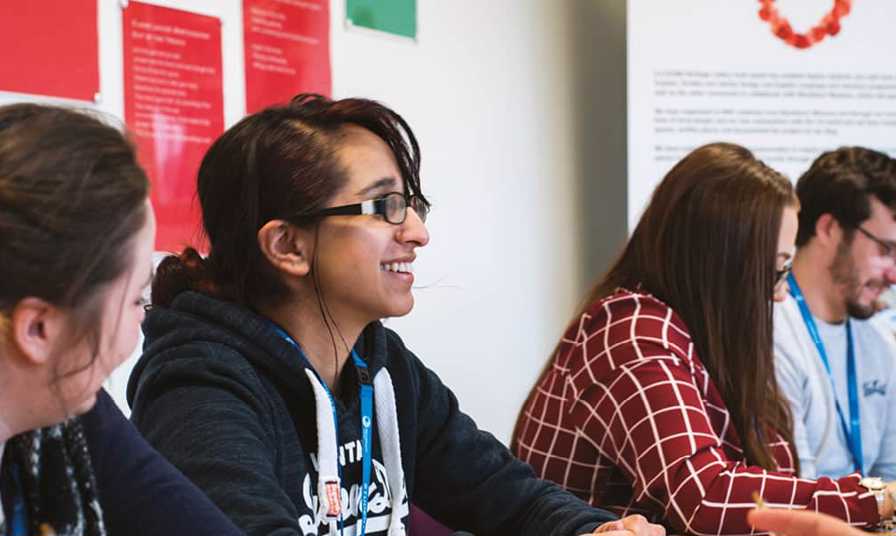Entry Requirements
Minimum of 4 GCSEs at Grade C/4 or above including English and Maths
Study Mode
Full time
Duration
1 academic year
Timetable
Various
Key Features & Benefits
- Get an Advanced Learner Loan - pay nothing upfront for this course
- Get onto University courses with just one year of study
- You can get help with childcare costs
- Learn in the state-of-the-art bedded stimulation ward
- Study at one of the Top 3 Colleges in England*
- Award Body - Ascentis
Access to HE Diploma (Social Science – Social Work) course serves as a crucial pathway for individuals who aspire to pursue careers in social work professions but lack traditional qualifications or backgrounds in the field. Access to Higher Education courses are Level 3 courses, equivalent to 3 A-Levels and you will study in college for 12 hours per week as well as regular independent study outside of college.
-
Overview
The primary aim of this Access to HE course is to prepare learners with the necessary academic skills, theoretical knowledge, and practical insights required for successful progression into university courses related to social work and working across the social care sector.
-
What will I study?
The course will focus on academic study skills including academic writing and referencing and critical thinking. The study skills will increase verbal and written communication skills essential for effective engagement with clients, colleagues, and other stakeholders.
Your studies will include modules on:
- The principles of safeguarding
- Health and illness
- Psychological perspectives and behaviours
-
Entry Requirements
You should have GCSEs at Grade C/4 or above, or equivalent qualifications, including English and Maths. You should also have evidence of study within the last five years.
You must have relevant work experience for this course. The following are examples of the work we regard as suitable to demonstrate your aptitude for a career in social, youth or community work:
- Care Assistant
- Home Care Assistant
- Voluntary work with various organisations such as The Women's Centre, community projects
- Work with clubs and societies such as Scouts, Guides, Youth Clubs
Not classed as suitable work experience:
- Periods of being in care yourself
-
How will I be assessed?
You'll be assessed by coursework and examinations throughout the course.
-
What can I do next?
Upon successful completion of the Access to HE course, students are equipped to progress to undergraduate programs in social work or related fields.
They may pursue degrees such as Bachelor of Social Work (BSW) or Bachelor of Arts (BA) in Social Sciences with a focus on social work.

We are proud to be one of the Top 3* Colleges in England for A-Levels and Technical Courses.
*In the Government's latest achievement tables for learners aged 16-18.














